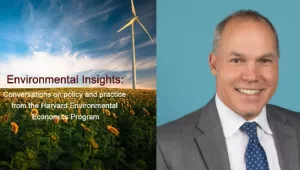Introduction
In 2014, world per capita greenhouse gas emissions, expressed in carbon dioxide equivalent terms (CO2e), exceeded 7 tons. Per capita emissions for Latin America and the Caribbean were even higher, at 9 tons CO2e. To achieve international goals for the stabilization of atmospheric concentrations of greenhouse gases, the Intergovernmental Panel on Climate Change (IPCC) is calling for annual emissions to fall to 2 tons per capita by the year 2050 and 1 ton per capita by the year 2100. It is clear that we face a moral problem: everyone needs to, and can contribute to, the fight against climate change (Pope Francis, 2015).
Improvements in eco-efficiency—defined as a combination of reducing waste and reducing the use of raw inputs—offer one strategy for reducing greenhouse gas emissions while also lowering production costs. In addition, changes in culture—at the level of individual businesses, countries, or both—can enhance the eco-competitive position of these businesses and countries. This paper describes three examples from Costa Rica and shows how the goal of achieving carbon neutrality can provide incentives for improving eco-efficiency and eco-competitiveness.
The entire Viewpoint is available for download below.
René Castro Fellow, Mossavar-Rahmani Center for Business and Government, Harvard Kennedy School; Former Minister of Environment, Energy, and Telecommunications, Government of Costa Rica
Viewpoints present policy proposals, considered opinions, and commentary by distinguished policymakers, leaders from business and non-governmental organizations, and scholars. The Harvard Project on Climate Agreements does not advocate any specific climate-change policy proposals. Statements and views expressed in Viewpoints are solely those of the authors and do not imply endorsement by Harvard University, the Harvard Kennedy School, or the Harvard Project on Climate Agreements.
Castro, René. “Eco-Competitiveness and Eco-Efficiency: Carbon Neutrality in Latin America.” November 2015


